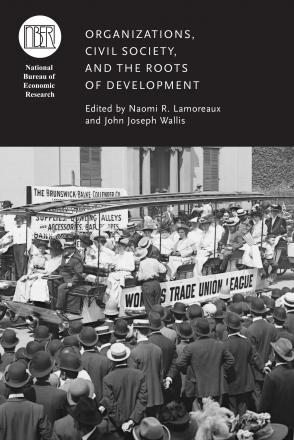The Right to Associate and the Rights of Associations: Civil-Society Organizations in Prussia, 1794–1908

Civil society plays a central role in democratic regimes. Its absence is telling too. One mark of a repressive government is its effort to suppress or limit civil society. Suppression of civil society has a long history, and has existed even in relatively democratic societies. Historically, this suppression has taken two principal forms: limits on the rights of individuals to assemble or associate and limits on the rights of their organizations or associations. We begin with a simple framework for thinking about the right to associate and the rights of associations, illustrated with examples from U.S. history. We then turn to our principal historical example, tracing the history of limitations on association and civil-society organizations in Prussia from the late eighteenth century to the outbreak of World War I. Prussian governments restricted the right to associate, but, just as importantly, they denied to most civil-society organizations corporative legal rights such as the ability to contract in their own right. We argue that the latter rights are crucial to effective civil-society organizations, and trace the process by which Prussia (later Germany) liberalized its treatment of such groups. In a brief overview we show that similar limitations operated in France in the nineteenth century, even though France after the Revolution had a very different constitutional order. Restrictions on association can be found in quite diverse political environments, even those, such as the United States or Revolutionary France, based self-consciously on the idea of liberty.
-
Copy CitationRichard Brooks and Timothy W. Guinnane, Organizations, Civil Society, and the Roots of Development (University of Chicago Press, 2017), chap. 8, https://www.nber.org/books-and-chapters/organizations-civil-society-and-roots-development/right-associate-and-rights-associations-civil-society-organizations-prussia-1794-1908.Download Citation


